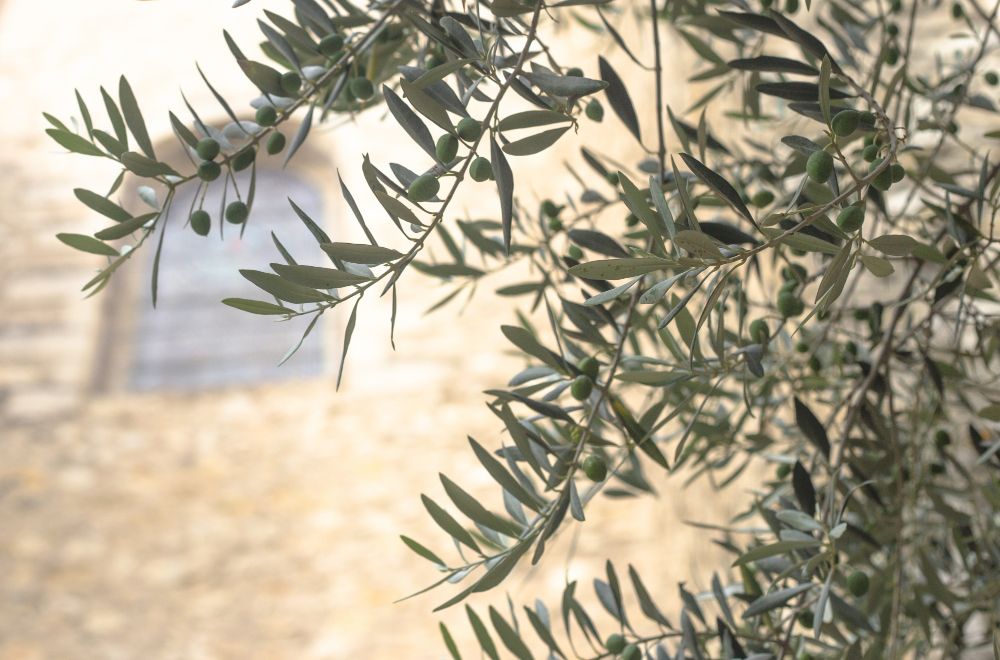Sustainable olive grove management reduces soil erosion by 80%.

Sustainable olive grove management reduces soil erosion by 80%.
The application of sustainable management practices can reduce soil erosion in olive groves by up to 80%. This has been demonstrated by the European project Sustainolive of the University of Jaén (UJA), whose main objective is to improve the sustainability of olive groves and the management of olive mill by-products, which has already accumulated an important battery of scientific results.
The team of 22 project partners, coordinated by the UJA Professor of Ecology, Roberto García Ruiz, has been responsible for evaluating the effects of implementing a set of agronomic practices in olive groves in the Mediterranean basin, a priori sustainable based on agro-ecological concepts. To this end, a wide range of field experiences have been developed, adapted to the pedo-climatic, biological, landscape and socio-economic conditions of each of the countries involved in the research.
In order to implement the project, the Sustainolive team previously identified a network of experimental olive groves where the different experiments would be carried out, distinguishing between olive groves that can be classified as sustainable (where different combinations of a priori sustainable agronomic practices are applied) and conventional olive groves (where such practices are not applied).
This approach would not have been possible without the collaboration of nine olive growers' associations from the different countries that are members of the Sustainolive consortium, which have provided the aforementioned network of farms not only for experimental purposes but also for holding different types of demonstration activities. According to Roberto García, "these associations have been responsible for making these projects known to the rest of the olive growers. From the beginning, we understood that it was essential for them to talk to each other and learn first-hand about the advantages of these sustainable olive cultivation management practices".
Results
"One of the most significant results of Sustainolive has been the verification of how the application of combinations of sustainable management practices in olive groves implies the reduction of soil loss due to erosion by approximately 80%", says the researcher.
The Sustainolive team has analysed the most important sustainable management practices, which include: allowing plant cover to develop, either spontaneously or by sowing legumes, a family of plants that conduct molecular nitrogen from the atmosphere to the olive tree; applying organic nutrient amendments to the soil in the form of manure, shredded pruning waste or composted olive pomace; using rational irrigation techniques; and, finally, reducing tillage as much as possible.
According to García, "the incorporation of a single sustainable management practice often triggers a chain of ecological interactions that feed back positively and enhance one or more of the ecosystem services that the olive grove can provide". For example, "the integration of sheep or chickens in the olive grove generates extra fertiliser, favours the control of plant cover at no cost (avoiding the use of herbicides and the risks that this entails), avoids the loss of biodiversity and diversifies the farmer's sources of income".
Valorisation of by-products
As for the olive oil mills aspect of the project, the UJA professor assures that it is essential for the olive sector to make the most of the different by-products generated during the olive oil production process, ranging from the extraction of polyphenols from the alperujo to the extraction of strubite (a mineral rich in phosphorous) from the olive washing water.
In addition to these strategies and methods of olive cultivation management, Roberto García affirms that the project contemplates carrying out an economic and social balance at field level of the farms identified as a model of sustainability compared to the farms that apply a conventional model.
Carbon footprint
Another of the issues on which Sustainolive is actively working is the development of a simple and accurate methodology for estimating the CO2 footprint of the olive grove since we all hope that, sooner rather than later, either voluntarily or by legal imperative, the labels of extra virgin olive oil will display a carbon footprint figure that determines the socio-environmental commitment of producers and will be a key criterion in the purchasing decision of the growing group of responsible consumers.
Finally, Roberto García values the effort that the UJA is making to bring the results of the project to society in general and to olive growers in particular, always in a friendly and understandable way. "To this end, he adds, we have designed an ambitious dissemination programme that includes workshops in cooperatives, webinars and the production of educational materials (available in the resources section of the Sustainolive website)".
The University of Jaén, through the Centre for Advanced Studies in Olive Oil and Olive Oils and the Centre for Studies in Earth Sciences, is leading this project funded by the European Union's Framework Programme for Research and Innovation Horizon 2020 (2.1 million euros), with a four-year implementation period.
Link to the original article: Olimerca





